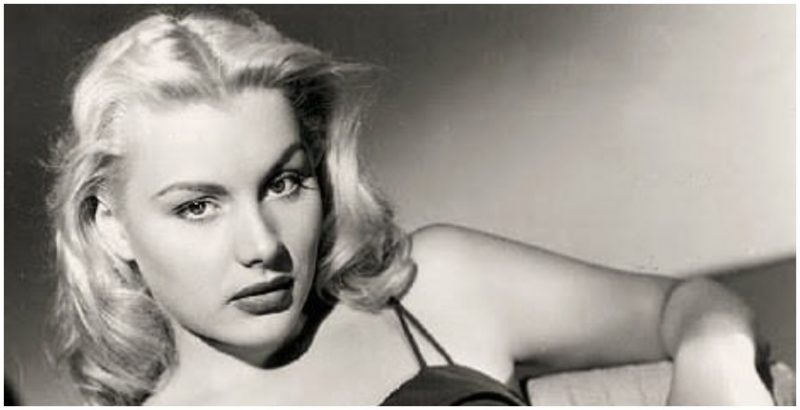One of the saddest stories to come out of Hollywood lore is that of Barbara Payton. Heartbreaking, really. The gorgeous blue-eyed, blonde actress broke into the movie business around the same time as Marilyn Monroe and was thought, in the eyes of many, to be the next great blonde bombshell.
But while Monroe would go on to become a huge star, Payton—who appeared opposite such heavyweights as Gary Cooper, James Cagney, and Gregory Peck—would burn out in the worst possible (and public) way.
Born Barbara Lee Redfield, in Cloquet, Minnesota, to a working-class family of Norwegian immigrants, Payton was rebellious from the get-go, eloping with a high school sweetheart at just sixteen years of age (her parents, unamused, had it annulled).
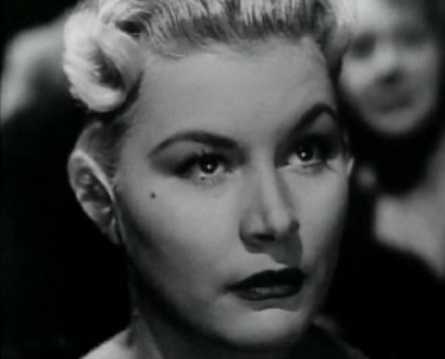
A few years later, came husband number two: John Payton, a captain in the Air Force. After his discharge, the couple headed west to Los Angeles. While John attended college, Barbara did some modeling.
A little boy, John Lee, was born to them shortly afterwards. But the restless young woman wasn’t exactly cut out to be a mom—or wife, for that matter. So a few years later, in 1948, she decided to give acting a shot. The studios took notice and pretty soon, Payton was placed under contract by Universal for scenery-decorating starlet roles.
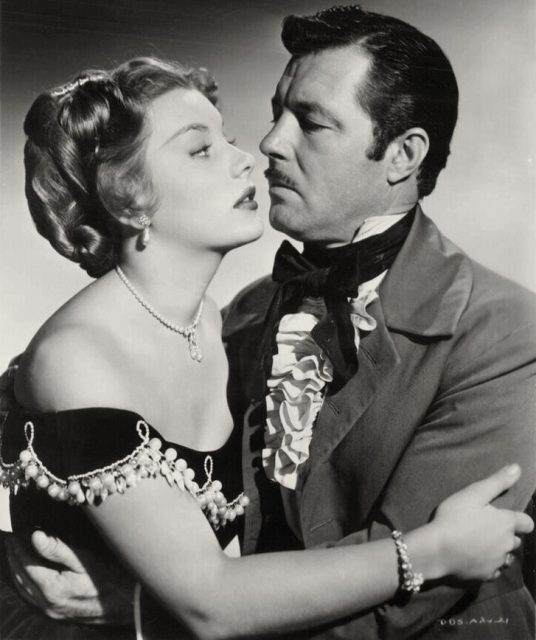
Finally free of her apron strings, Payton was eager to embrace all that Hollywood had to offer and dove into the town’s nightlife. She began a string of romances, club-hopping with producers and movie stars, many of them married.
Among her paramours: millionaire Howard Hughes, along with various mobsters. Gossip columnists couldn’t get enough of her antics, filling pages with salacious items on the woman they dubbed “Queen of Nightclubs.” But Payton took her torrid lifestyle one step too far, embarking on an affair with married Bob Hope, which led to Universal releasing the young actress from her contract.
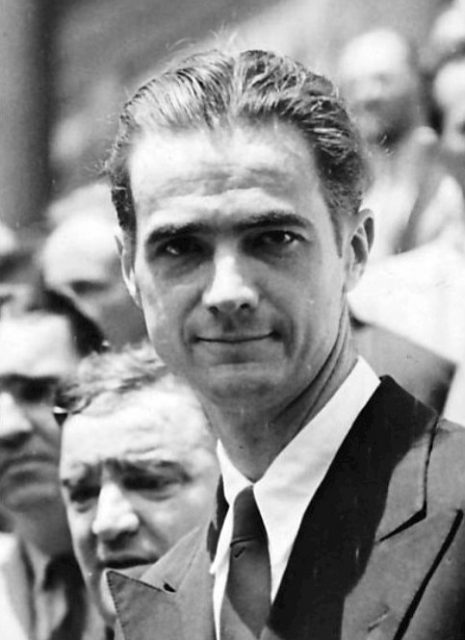
Rival studio Warner Brothers decided to roll the dice, and it was at this studio where Payton did some of her best work in movies such as Kiss Tomorrow Goodbye (1950) opposite James Cagney, Dallas (1950) with Gary Cooper, and Only the Valiant (1951) co-starring with Gregory Peck. It wasn’t long, though, before Payton was back to her old tricks.
She was seen around town with actor Franchot Tone, newly separated his wife, actress Jean Wallace. But Tone had a rival for Payton’s attention: tough guy, B-movie actor Tom Neal, who met her at a party and was bowled over. Before long, the two men were engaged in an all-out —and apparently one-sided—brawl for Payton’s affections.
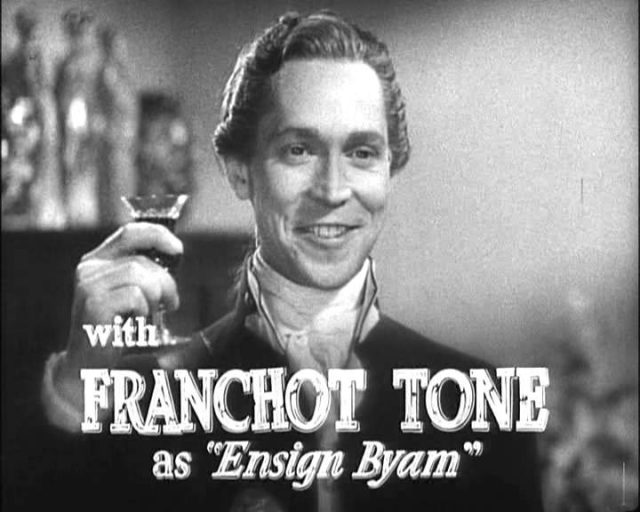
The sophisticated Tone, no match for macho Neal, ended up in the hospital with broken bones, a concussion, and a re-arranged face that required surgery. Payton didn’t escape unscathed either, ending up with a doozy of a shiner. But the real damage had been done to her career. Upset about the tawdry headlines, Warner Brothers placed Payton on temporary suspension, costing her the title role in Lady in the Iron Mask.
Related Video: Dolly Parton’s Most Legendary Photo Shoot
https://youtu.be/yHyMo20JrOM
Payton would marry Tone, perhaps out of sympathy, but they separated after just seven weeks, and she returned to the abusive Neal, leaving Tone to file for divorce. During that time, Peyton’s career crumbled and she was relegated to such stinkers as 1951’s Gorilla.
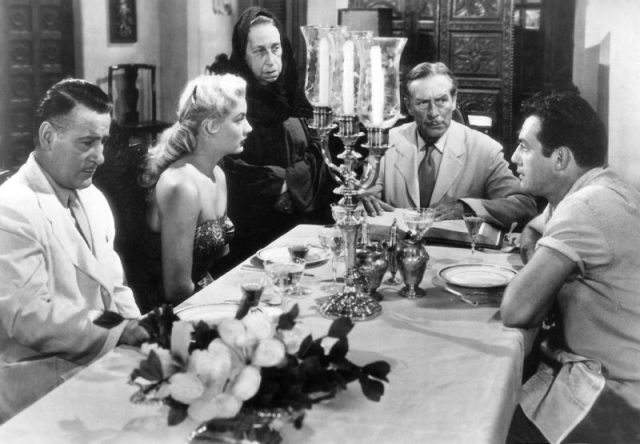
Not being able to find work in Hollywood, she high-tailed it to England with Neal to get her career back on track. The change of locale didn’t matter—a fresh start was not to be. Producers across the pond, eager to capitalize on Payton’s bad girl image, cast her in clunkers, such as the appropriately titled Bad Blonde.
Payton and Neal would split in 1953, and she returned to the States. Her options dried out in Hollywood so she moved to Mexico with her son, then eight. Payton met a 23-year-old sport fishing operator, named Tony Provas, whom she married. The union lasted three years, and Payton would lose custody of her son to her first husband, John Payton.
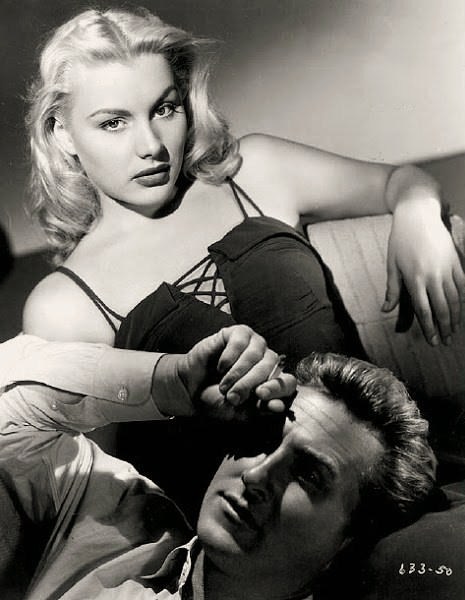
She returned to Hollywood once again to try and salvage her career, but too many bridges had been burned. From 1955 to 1963 her decline escalated, as Payton battled a serious drinking problem. There were brushes with the law—among them, passing bad checks, public drunkenness, and prostitution.
The lowest point: Payton was discovered, covered with bruises, sleeping on a Sunset Boulevard bus stop bench, dressed in nothing but a bathing suit and a coat.
Her legendary beauty had vanished: her skin was wrinkled and blotchy and she had gained a considerable amount of weight. It was during this period that Payton managed to pound out a brutally candid autobiography. Rebellious even in defeat, she named the memoir I Am Not Ashamed.
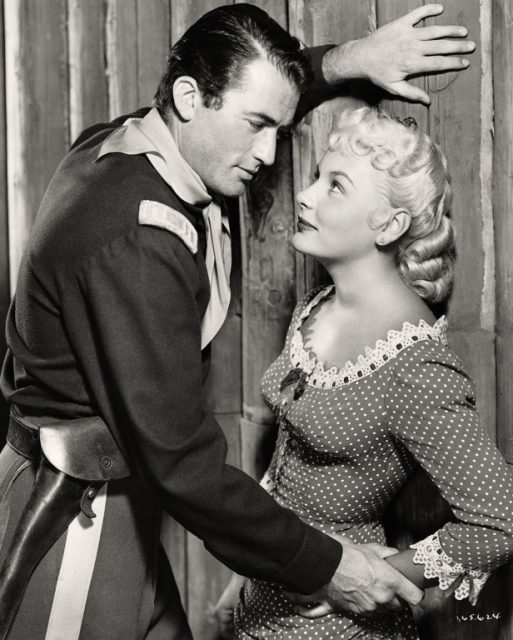
In 1967, after failed efforts to stop drinking, Payton moved in with her parents in San Diego. Suffering from depression and mental illness, she wouldn’t live to see her fortieth birthday.
Read another story from us: Redheads have been Feared and Vilified Throughout History – Here’s Why
On May 8, 1967, her mother discovered her lifeless body on the bathroom floor. Payton had died from heart and liver failure. Reportedly, her appearance had so deteriorated, it took a while for the authorities to realize who she was.
